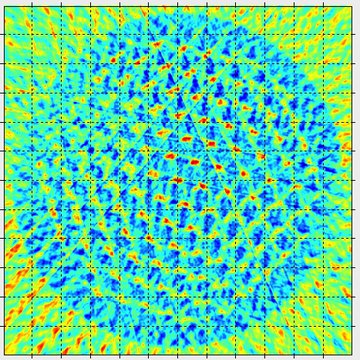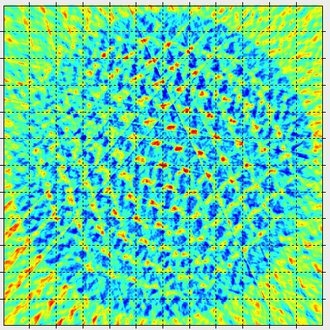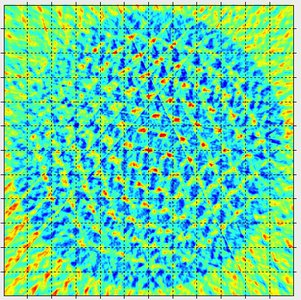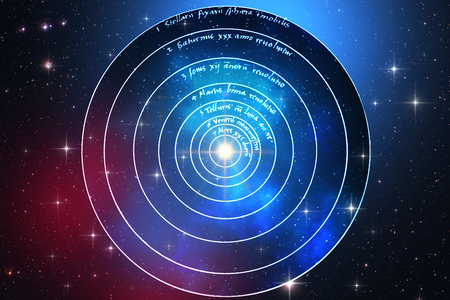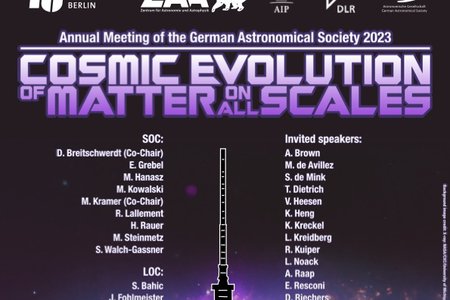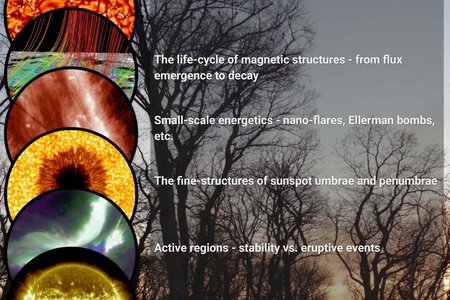Summer School in Astrophotonics
How can we use new photonic technologies to promote astronomy? That is the main question of this year’s Summer School, which will be held in Schloss Wiesenburg in Brandenburg. It is the first conference worldwide to promote the issue of astrophotonics: the application of photonics to astronomy.
Referees from Australia, the US and Europe get together with astronomers to present and discuss the current state of research in photonics. Prof Joss Bland-Hawthorn, member of the Australian Academy of Science and currently working at the University of Sydney, started the Summer School on Monday with his talk about the big questions and answers of astronomy.
Established as a centre of innovative competence in fiber-spectroscopy and sensing innoFSPEC Potsdam is a collaborative project of the Leibniz Institute for Astrophysics Potsdam (AIP) and the University of Potsdam. innoFSPEC is government-funded by the German Federal Ministry of Education and Research. The school is also sponsored by OPTICON FP7 - Optical Infrared Coordination Network for Astronomy within the 7th Framework Programme of the EU.
How can we use new photonic technologies to promote astronomy? That is the main question of this year’s Summer School, which will be held in Schloss Wiesenburg in Brandenburg. It is the first conference worldwide to promote the issue of astrophotonics: the application of photonics to astronomy.
Referees from Australia, the US and Europe get together with astronomers to present and discuss the current state of research in photonics. Prof Joss Bland-Hawthorn, member of the Australian Academy of Science and currently working at the University of Sydney, started the Summer School on Monday with his talk about the big questions and answers of astronomy.
Established as a centre of innovative competence in fiber-spectroscopy and sensing innoFSPEC Potsdam is a collaborative project of the Leibniz Institute for Astrophysics Potsdam (AIP) and the University of Potsdam. innoFSPEC is government-funded by the German Federal Ministry of Education and Research. The school is also sponsored by OPTICON FP7 - Optical Infrared Coordination Network for Astronomy within the 7th Framework Programme of the EU.
Images
Multicore Fibre.
